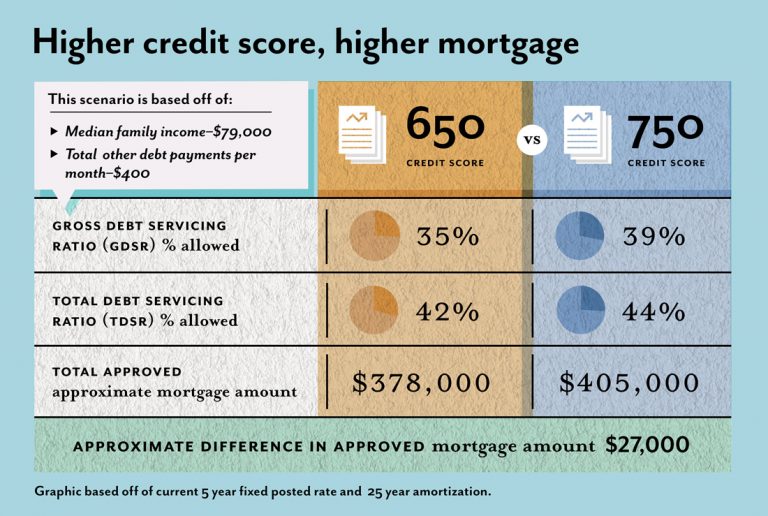Table Of Content

In general, you’ll typically need at least a 620 FICO Score to qualify for a fixed-rate conventional loan. If you want an adjustable-rate mortgage (ARM), the minimum score requirement is generally 640. Department of Agriculture (USDA) or Department of Veterans Affairs (VA). The credit score required to buy a home varies based on the type of loan you’re applying for. The higher your score is, the easier it can be to qualify for a mortgage loan. If you’re starting the home buying process, remember to stay on top of your score and check your credit report regularly.
Business credit cards
It is important to take a closer look at your credit report history after knowing the scores for each loan type. Check the numbers at least once a year to detect any earlier issues that might affect your mortgage process. Rocket Mortgage explains that you can easily channel your credit score to meet the lender's demands for a better mortgage rate when you have this understanding.

Average credit score of Credit Karma mortgage-holders by state
Tracking your credit profile will help you weigh your options on the kind of loan to apply for and when. Loan approval is subject to credit approval and program guidelines. Not all loan programs are available in all states for all loan amounts.
Down Payment Assistance Programs And Grants: What They Are And How They Work
If not, you can also use a free credit score monitoring tool like Credit Karma or Credit Sesame. Aiming to get your credit score in the "Good" range (670 to 739) would be a great start towards qualifying for a mortgage. But if you're wanting to qualify for the lowest rates, try to get your score at least within the "Very Good" range (740 to 799). However, remember that the cost of borrowing with a low credit score could be much higher than it would be if you waited to improve your credit first. If you’re not in a rush to purchase a home, it could be worth it to focus on building your credit first to qualify for a lower rate and better terms in the future.
As detailed by Rocket Mortgage, various loan types will define your minimum FICO score, with the number varying from 300 to 850. This includes conventional mortgages and loans from government agencies. Conventional mortgage loans are acquired from private lenders to buy a house and are not covered by any government agency. However, the required credit score for a conventional loan is higher, with a minimum score of 620. Therefore, this loan type is best suited for you if you have great credit, backup cash for a down payment, or are ready to pay the loan at a higher interest rate.

Conventional loans, also known as conforming loans, aren’t backed by the government. You typically need a minimum credit score of 620 to qualify for a conventional mortgage. On the other hand, FHA loans don't need a higher score and are insured by the Federal Housing Administration, making it easier to qualify as a homeowner with lower credit scores. For example, you can be eligible for an FHA mortgage with a minimum credit score of 580.
Conventional mortgages are popular financial products that let you make a down payment as low as 3%. While requirements vary for each lender, most will require a debt-to-income ratio below 45%. You also must show employment history and have a loan-to-value ratio below 80%.
Other factors to consider when applying for a mortgage
Offer pros and cons are determined by our editorial team, based on independent research. The banks, lenders, and credit card companies are not responsible for any content posted on this site and do not endorse or guarantee any reviews. The more likely you are to pay your bills on time, based on your credit history, the lower your interest rate may be.
What credit score is needed to buy a house and get the best mortgage rate?
It will be your FICO Score or VantageScore, depending on the service. In most cases, a FICO Score and a credit score are similar, but there are several differences when you scratch the surface and try to estimate your mortgage rate. They will reach out to you, as well as the company in question, for evidence as needed. If the company or lender can’t prove the information is accurate, they must notify the three major credit bureaus so the error can be removed from your report. Hopefully, this will help your credit overall—and you’ll be ready to embark on your home buying journey. The higher your credit score, the more likely you are to both qualify for a mortgage and for one at a lower interest rate.
If you have a strong credit score, you'll have a better chance of securing a good mortgage rate. While you generally need decent credit to get approved for a conventional loan, government-backed loans can be more accessible to borrowers with bad credit. If a lender seems optimal to you, preapproval is your next step.
Most jumbo loan programs require a credit score of at least 700, although there may be programs with lower score limits if you can afford a higher interest rate and payment. Before applying for a loan, though, you’ll want to take a look at your credit report and clear up any outstanding negative marks. The time and money you put into raising your credit score before you apply for a mortgage will save you money over the course of your loan.
What credit score do you need to secure a mortgage? - CNBC
What credit score do you need to secure a mortgage?.
Posted: Fri, 09 Feb 2024 08:00:00 GMT [source]
Some lenders will let you buy a home with a 620 credit score, and others may require a higher minimum credit score. Although there are both FICO and VantageScore credit scores, you’ll likely want to check your FICO score, as lenders refer to this score most. Even though you might have to pay a small fee, getting your score directly from myFICO is the most accurate way to check it. In addition, some credit card issuers offer free access to credit scores. Note that the minimum scores listed above are for FICO credit scores, specifically — this is the scoring model mortgage lenders typically turn to when considering applications.
Home Loans For Bad Credit 7 Loan Options For 2024 - The Mortgage Reports
Home Loans For Bad Credit 7 Loan Options For 2024.
Posted: Wed, 17 Apr 2024 07:00:00 GMT [source]
The opinions, analyses, reviews or recommendations expressed in this article are those of the Blueprint editorial staff alone. The information is accurate as of the publish date, but always check the provider’s website for the most current information. Victoria Araj is a Section Editor for Rocket Mortgage and held roles in mortgage banking, public relations and more in her 15+ years with the company. Considering the example above, if you take out a $110,000 loan and put $40,000 down ($10,000 more than before), your LTV is now 0.73, or 73%.
If you’re in the market for a jumbo loan (loans that are for larger amounts), you will likely need a credit score of 680 or higher. This is to account for the larger risk that the lender takes with larger loans. There are a few other loan programs that have lower credit score requirements – we’ll investigate those in more depth in the next section.
If you want to qualify for a loan and your credit score isn’t up to par, you can take actionable steps to improve your credit score. Let’s walk through some of the ways to increase your score before buying a house. Typically, you'll need a credit score of 620 if you want to take out a mortgage. Either way, you'll want to spend some time boosting your credit score before you apply for a mortgage to get the most favorable rate.
You could still secure a decent mortgage with a score of 680 or 690—depending on the lender. Here's what minimum credit score is needed to buy a house, where to get your credit score and ways to improve your credit score quickly and efficiently. Among Credit Karma members with mortgages, baby boomers has the highest average credit score at 724. Older generations tend to have higher credit scores, likely because they’ve had more time to work on their credit. There are some steps that may help improve your odds of buying a house with low credit scores. You can get approved with more total debtLenders measure your DTI ratio by dividing your total debt by your gross income.

No comments:
Post a Comment